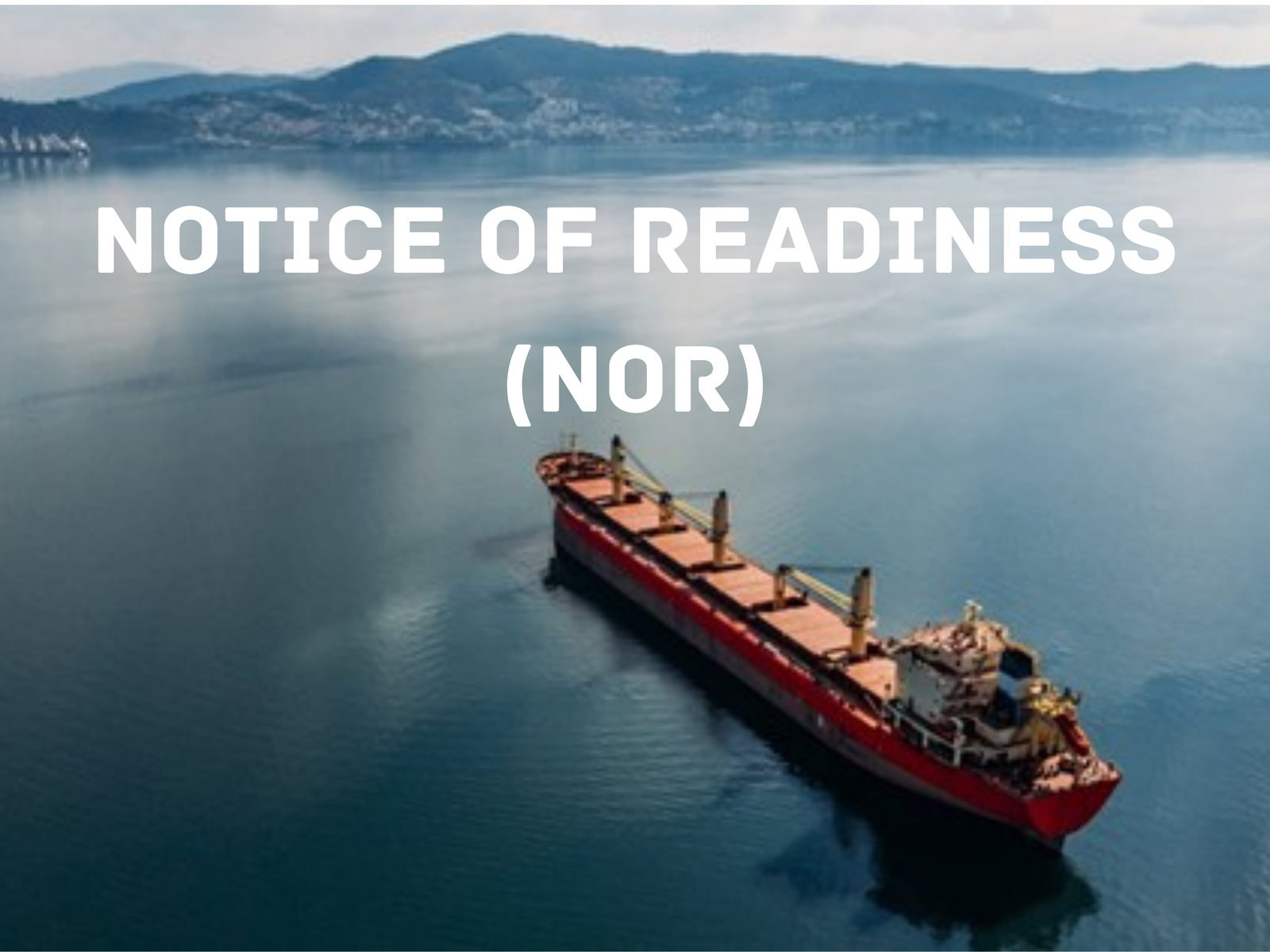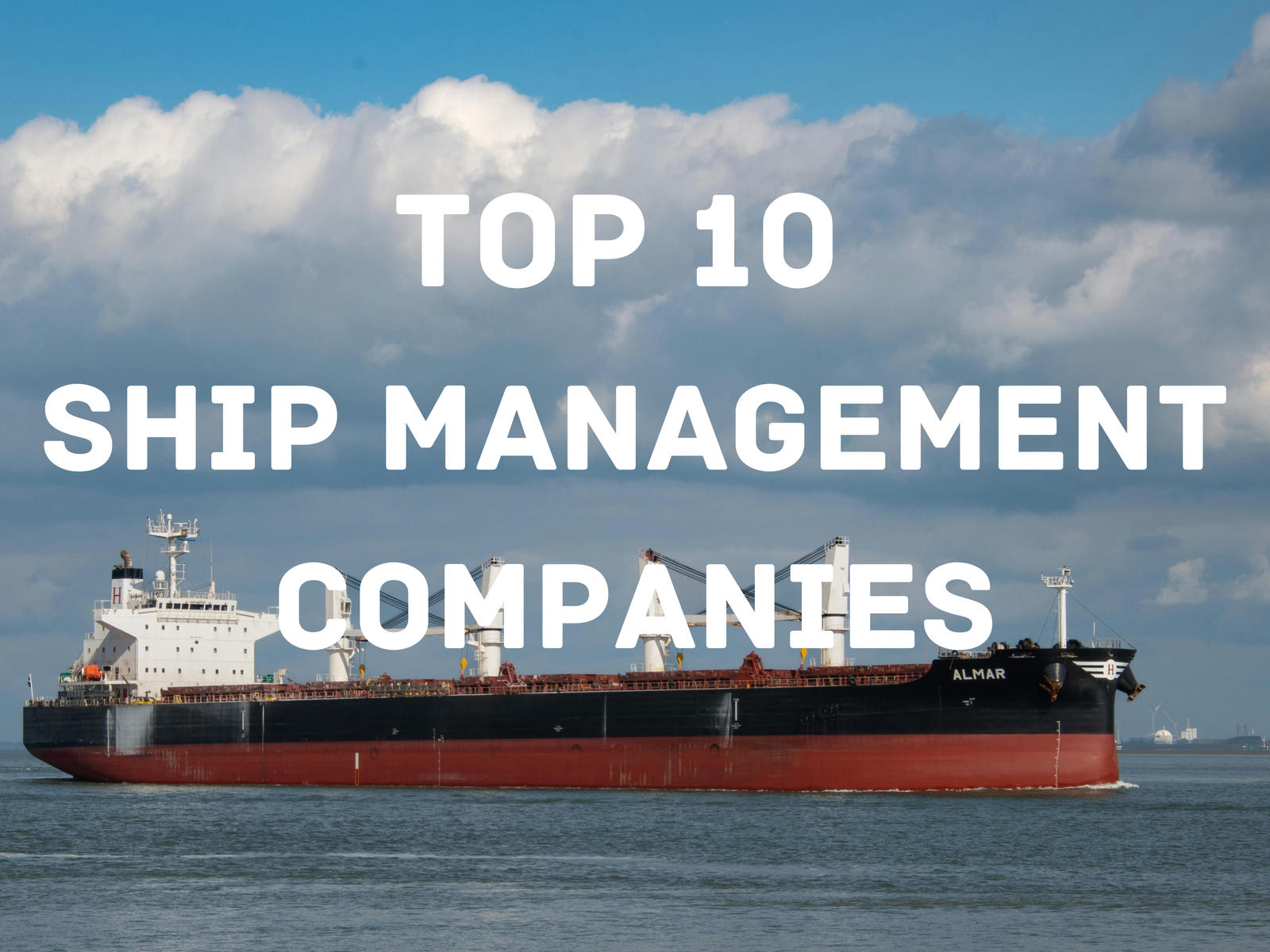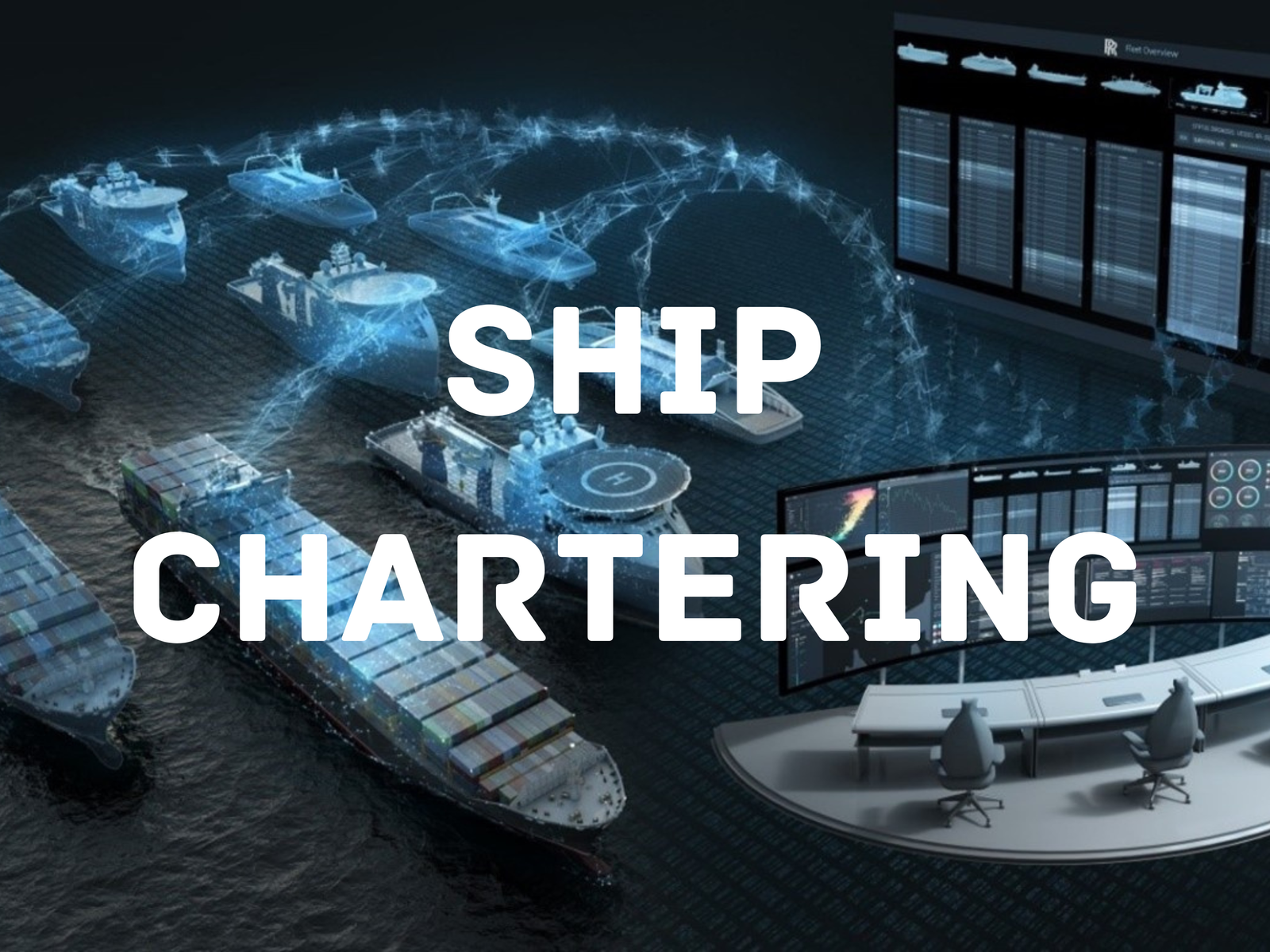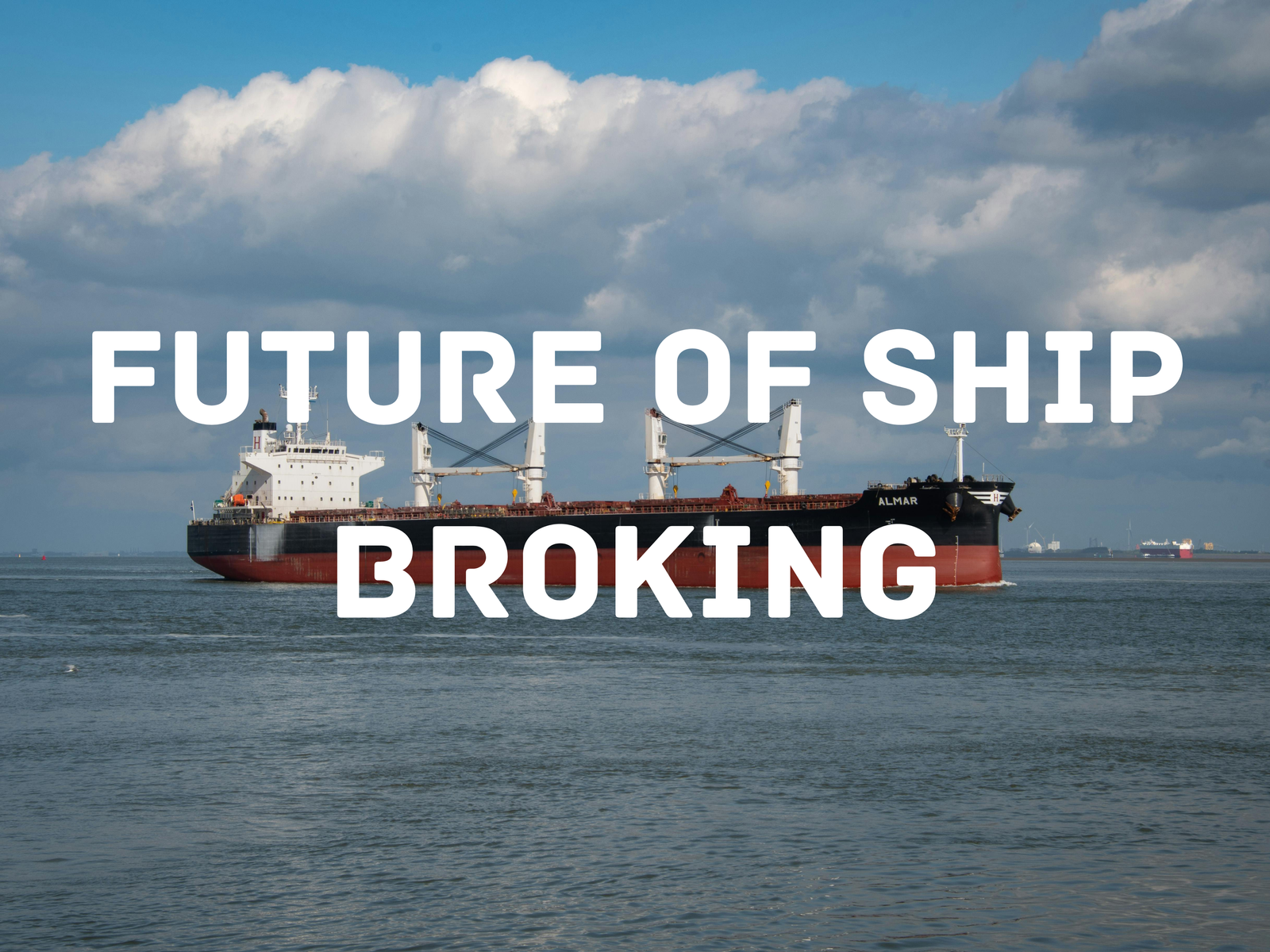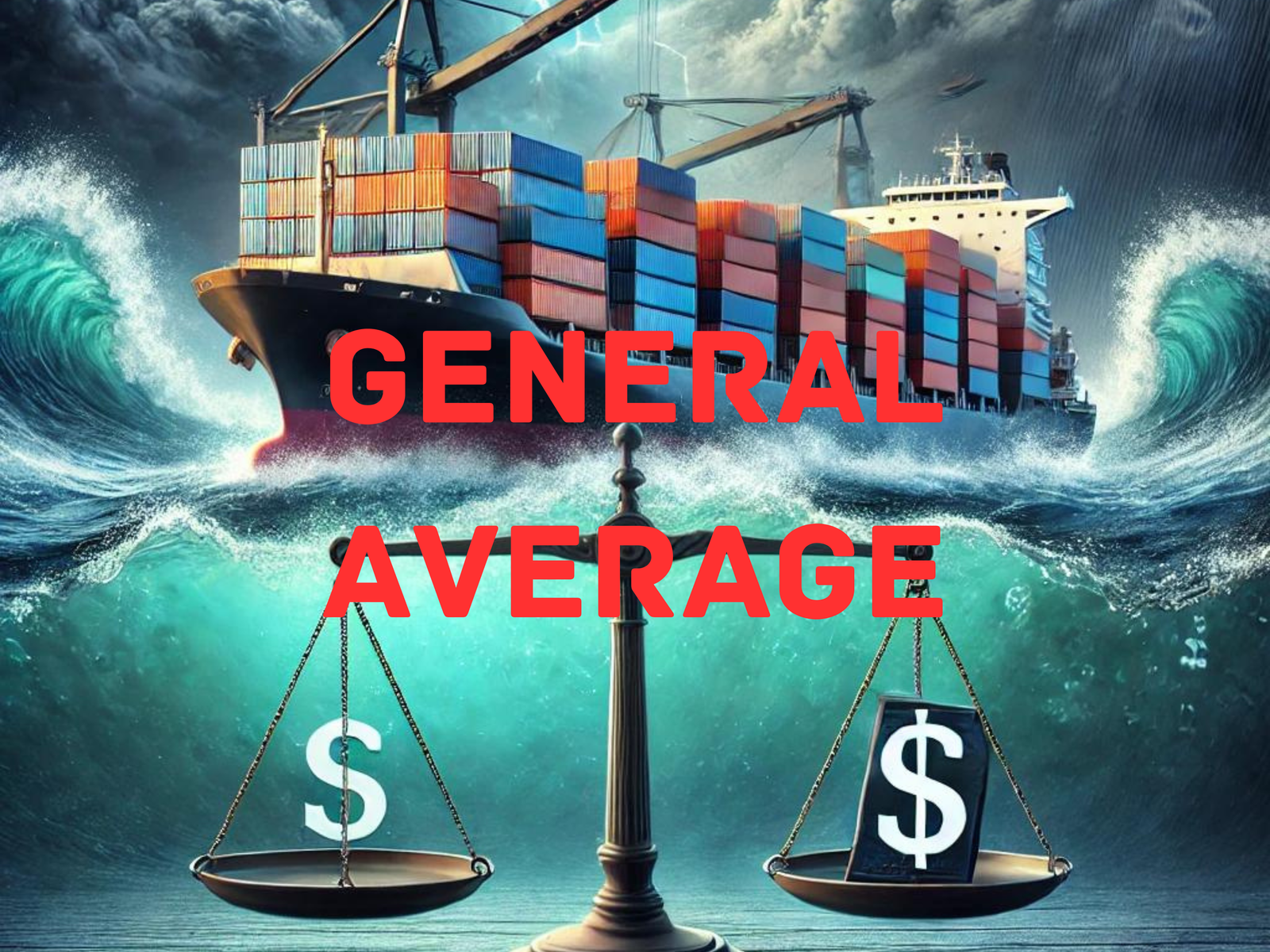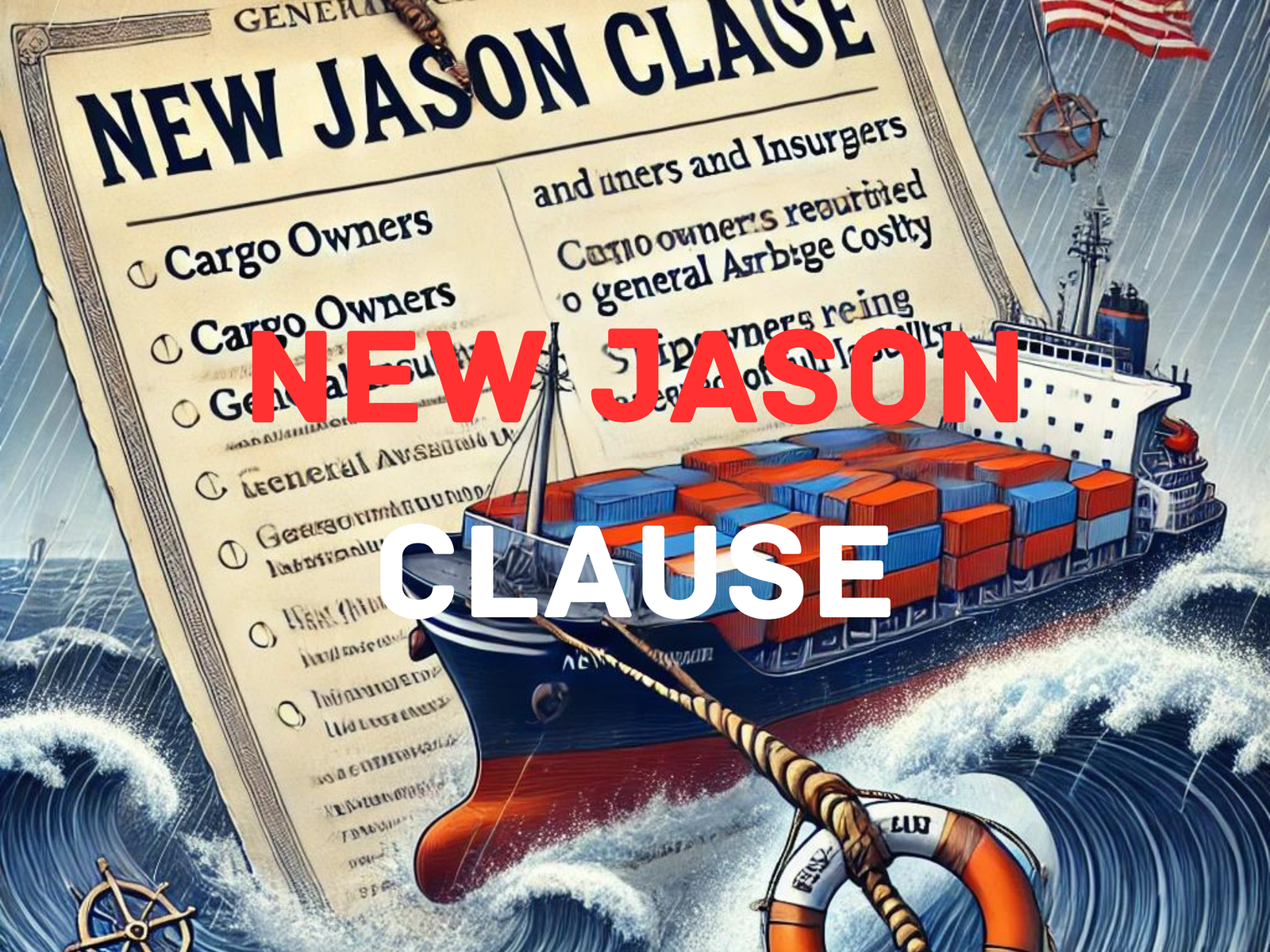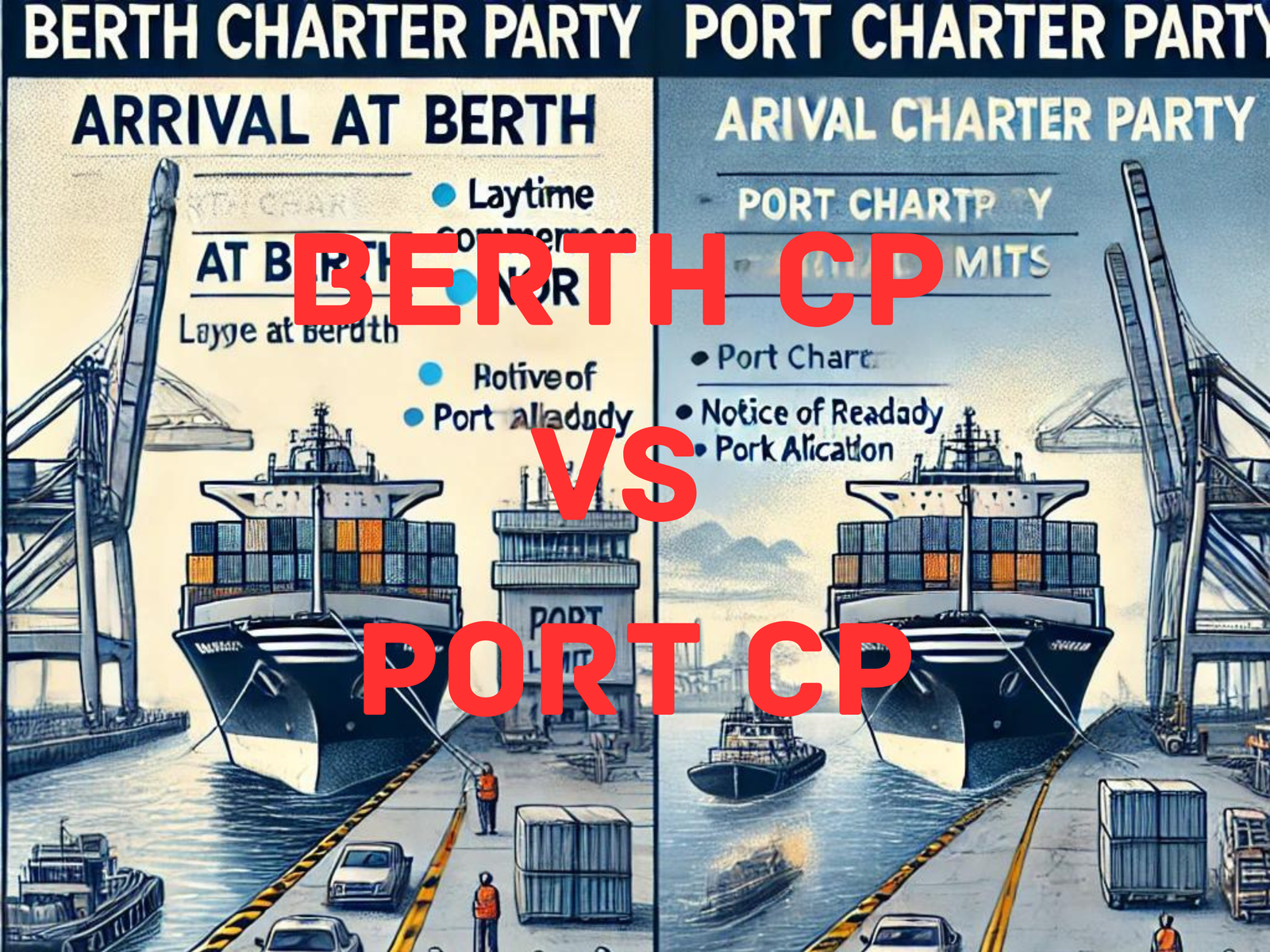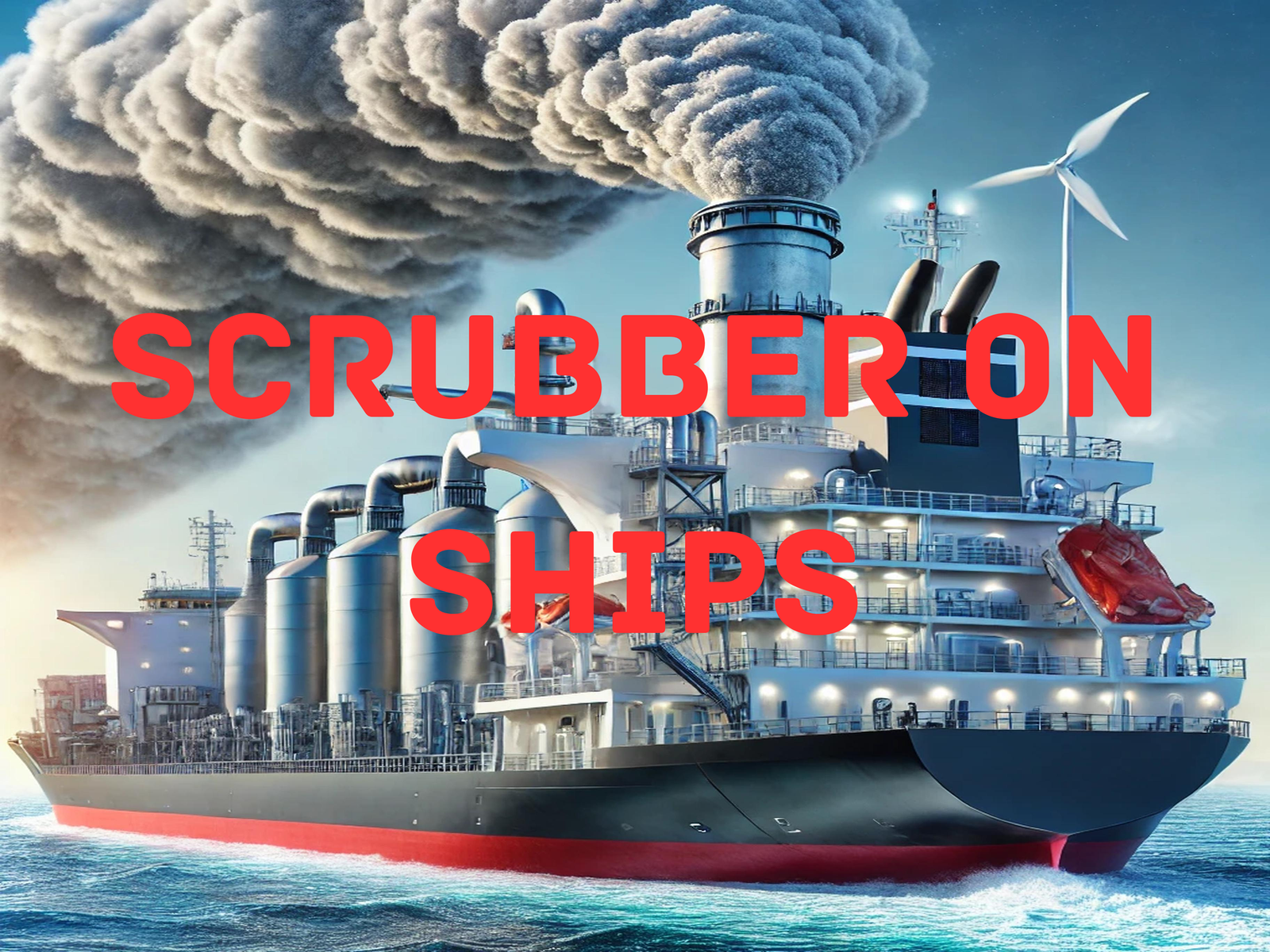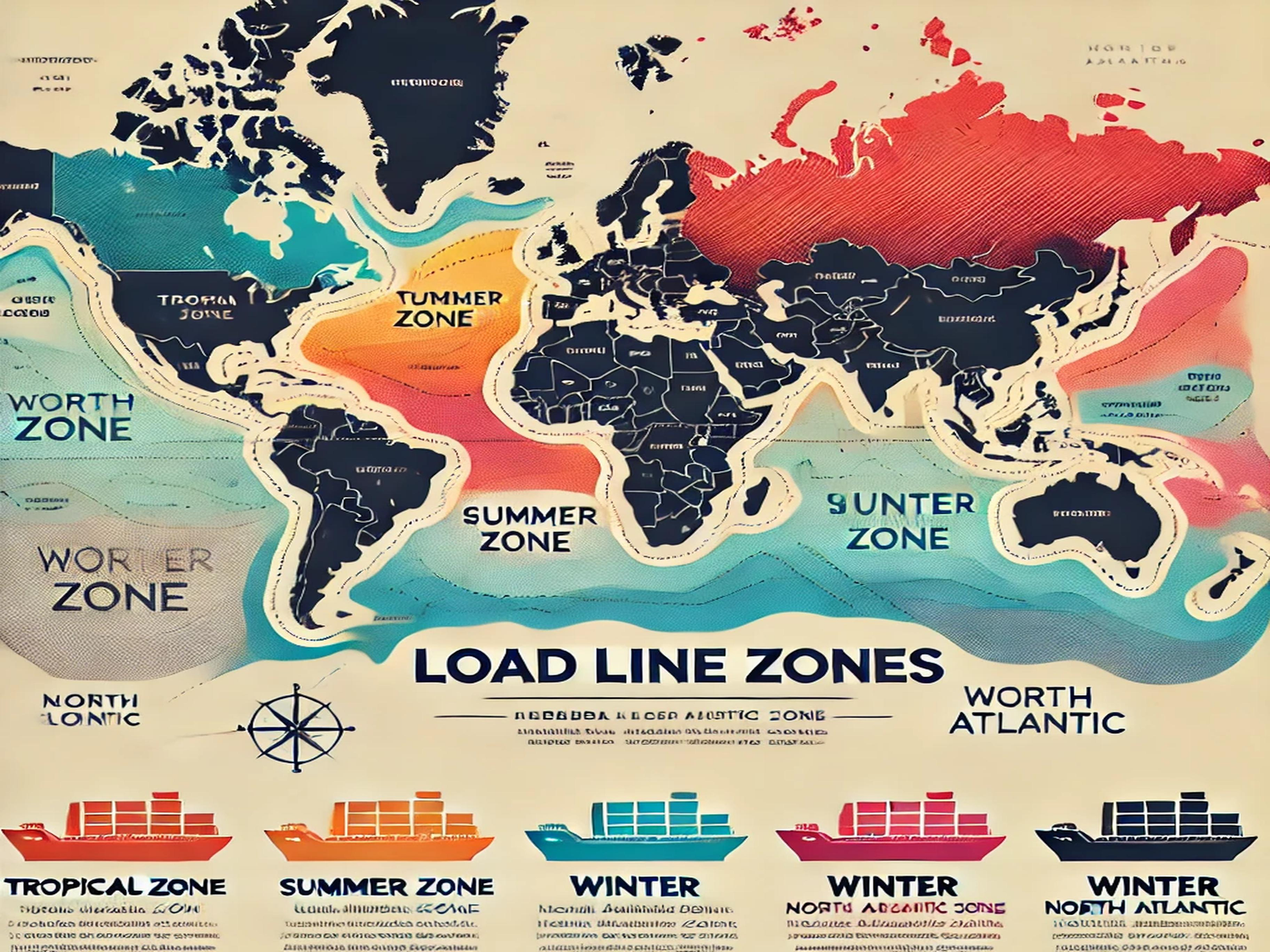The commercial shipping industry serves as the backbone of global trade and shipping holds a 90% share, offering a wealth of opportunities both at sea and onshore. If you’re considering a career in this dynamic field or transitioning from seafaring to a shore-based role, this guide will help you navigate the process effectively.
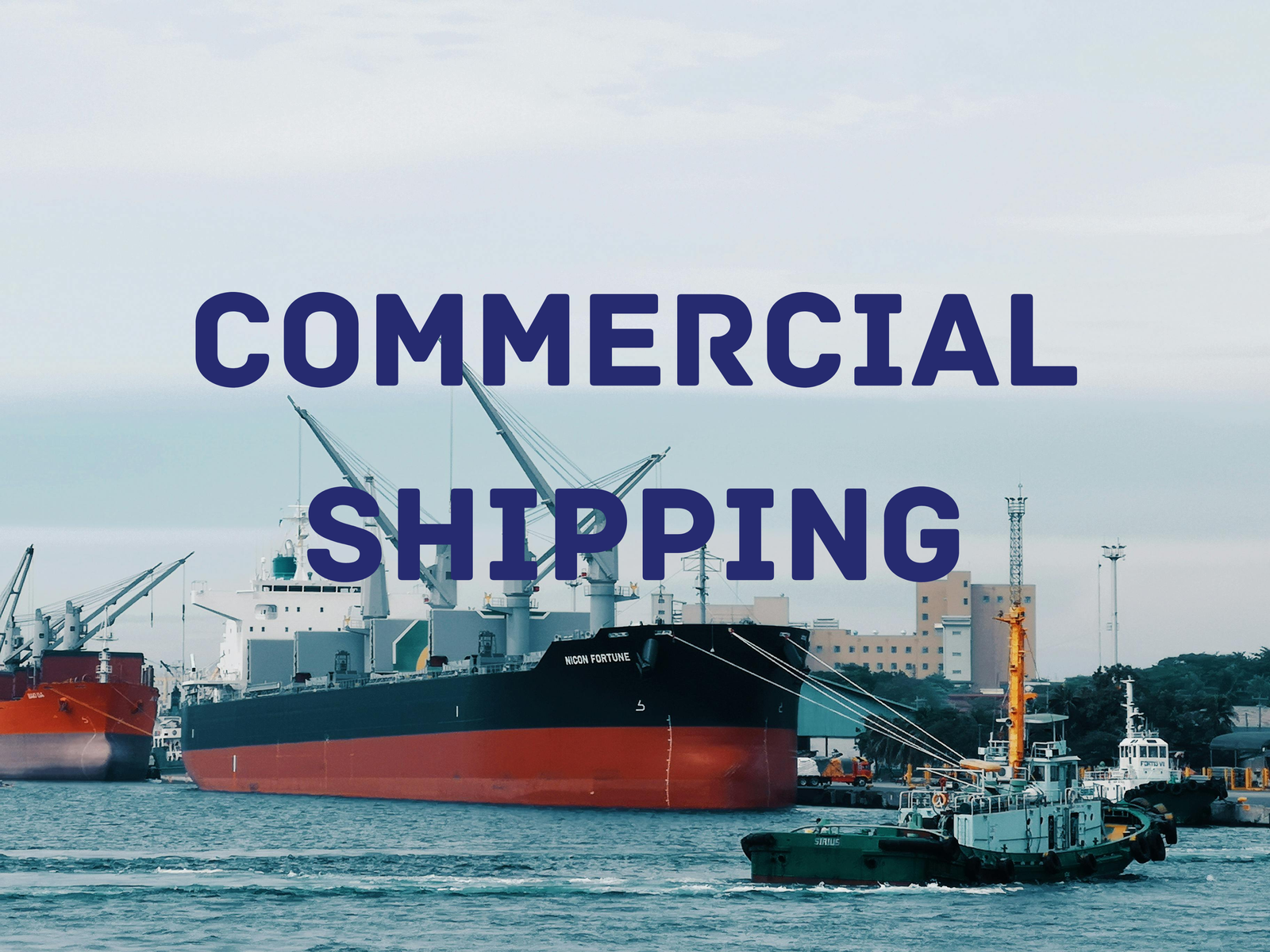
Why Choose a Career in Commercial Shipping?
Maritime or shipping is an industry that never sleeps and works round the clock to ensure that goods are delivered to the users at the right time. The commercial shipping industry plays a critical role in connecting global economies and this industry welcomes talent from various backgrounds and roles. Currently, the shipping industry is going through a lot of growth and changes and this may be the right time for you to find an opportunity and enter into commercial shipping where companies are also looking for the right talent aggressively.
Steps to Enter Commercial Shipping and Secure a Shore-Based Job
1. Research the Industry
To succeed in commercial shipping, it’s essential to understand the industry’s structure and key players and how it works. Dive into:
- Major Stakeholders: Understand how the international trade works and who are the key players such as shippers, sellers, buyers, consignees, charterers, ship owners, traders, ports and terminals, stevedores, ship agents, ship brokers, freight forwarding agents, exporter and importer and many more.
- Shipping Categories: Familiarize yourself with container shipping, bulk carriers, tankers, and specialized vessels.
- Career Opportunities: Learn about shore-based roles like logistics, operations, shipbroking, chartering, laytime, logistics, and marine insurance.
2. Obtain Relevant Qualifications
Boost your employability by acquiring the right education and certifications. Key pathways include:
- Maritime Degrees: Pursue a degree in Marine Engineering, Nautical Science, or Maritime Business Management.
- Professional Certifications: Enroll in courses from the Institute of Chartered Shipbrokers (ICS) or pursue logistics and supply chain certifications.
- Short-Term Training: Enhance practical skills with specialized courses in ship chartering, freight forwarding, or port operations.
3. Gain Hands-On Experience
Practical exposure is a must in the shipping industry. Start by:
- Seafaring Roles: If you’re a seafarer, your experience at sea—as a deck officer or engineer—is a strong foundation for shore-based roles.
- Internships and Apprenticeships: Join shipping firms or logistics companies to gain on-the-ground experience. Practical experience is a must for seafarers as what seafarers do at sea is completely different from what happens at shore, but sea experience helps the seafarers to learn it more quickly as compared to others, and in some complex situations’ practical sea-going experience helps.
- Entry-Level Jobs: Look for roles in vessel operations, laytime, port operations, customer service, or shipping documentation to build industry knowledge.

4. Build a Strong Professional Network
Connections in the maritime sector can open doors to exciting opportunities. Most of the opening and vacancies in commercial shipping is filled through internal references and they never come out in the market, so it is very essential to build and stay connected with your network. You can:
- Attend Industry Events: Meet key players by joining shipping expos, trade fairs, and seminars.
- Join Associations: Become a member of professional organizations like BIMCO, ICS, or local maritime groups.
- Utilize LinkedIn: Connect with industry professionals and participate in maritime forums.
5. Tailor Your Job Search
Target roles that match your skills and career goals. Popular shore-based positions include:
- Operations Manager: Oversee vessel schedules, cargo logistics, and port activities.
- Chartering Executive: Negotiate and manage shipping contracts for cargo transportation.
- Vessel Performance: It is a growing industry with huge demand. If you are a marine engineer or a deck officer, you may consider starting your career in the vessel performance and analytics department.
- Marine Surveyor: Inspect vessels for compliance with safety and environmental regulations.
- Logistics Coordinator: Optimize supply chain operations and shipping routes.
- Shipping Finance & Accounts: Responsible for maintaining the accounts, AP, AR, hire, freight, demurrage-despatch, etc
- Purchase: Responsible for purchasing stores, equipment, and supplies for the ships.
- Laytime & Claims: Responsible for preparing laytime calculations and settling demurrage despatch claims with counterparties.
- Trade Operations: Ensure that contracts with buyers and sellers are executed and have good coordination with all concerned like banks, buyers, sellers, ports, surveyors, and agents for smooth execution.
- Marine Superintendent: Responsible for smooth marine operations of the vessels. It is a good shore-based opportunity for the Master and Chief officer to start their career with.
- Maritime Law and Insurance: If you are from a legal background, maritime law is a great option for you to start your career as an underwriter or handling F/D/D claims, crewing-related claims, marine insurance, PNI clubs, and many more.
6. Optimize Your Resume and Cover Letter
Highlighting your maritime experience and transferable skills in your application is a must. Focus on:
- Hands-on experience with vessel operations or logistics.
- Familiarity with international maritime regulations and compliance.
- Problem-solving abilities and effective communication skills.
7. Consider Advanced Education for Career Growth
For leadership roles, advanced education can set you apart. Options include:
- MBA in Shipping and Logistics: Gain a strategic understanding of maritime business operations.
- Postgraduate Programs: Specialize in maritime law, port management, or shipping economics for niche expertise.
8. Stay Updated on Industry Trends
The maritime industry is rapidly evolving and advancing using technology, AI, and blockchain. Stay competitive by keeping tabs on:
- • Technological Developments: Digitalization, automation, and green shipping technologies.
- • Regulatory Updates: IMO guidelines, environmental policies, and global trade regulations.
- • Market Trends: Monitor freight rates, oil and bunker rates, supply chain dynamics, and geopolitical impacts.
Conclusion:
Breaking into commercial shipping or transitioning to a shore-based role requires a strategic approach. By understanding industry trends, gaining relevant skills, and leveraging professional networks, you can unlock a world of opportunities. Whether you’re starting from scratch or looking to shift your career trajectory, the maritime industry has a place for you.
You must do proper research about each position through which you want to start your career or grow in the future as switching roles may be a little complicated as you gain more experience in a particular role. Commercial shipping brings a lot of challenges and will require you to work outside office hours very often which you should be ready to accept along with the perks this international industry provides.
To know more or have any doubts you may get in touch with us over email and we will answer your queries.

